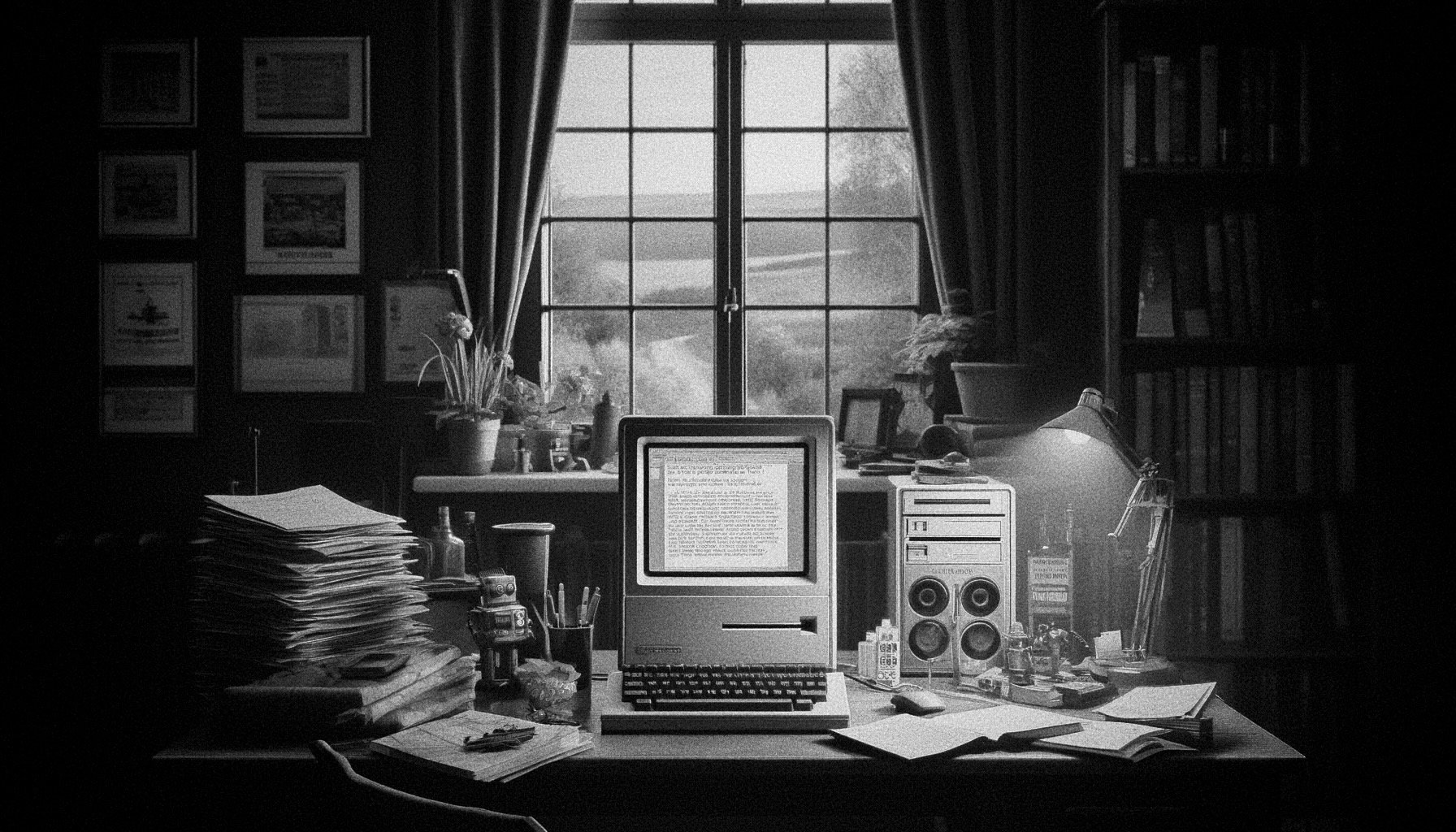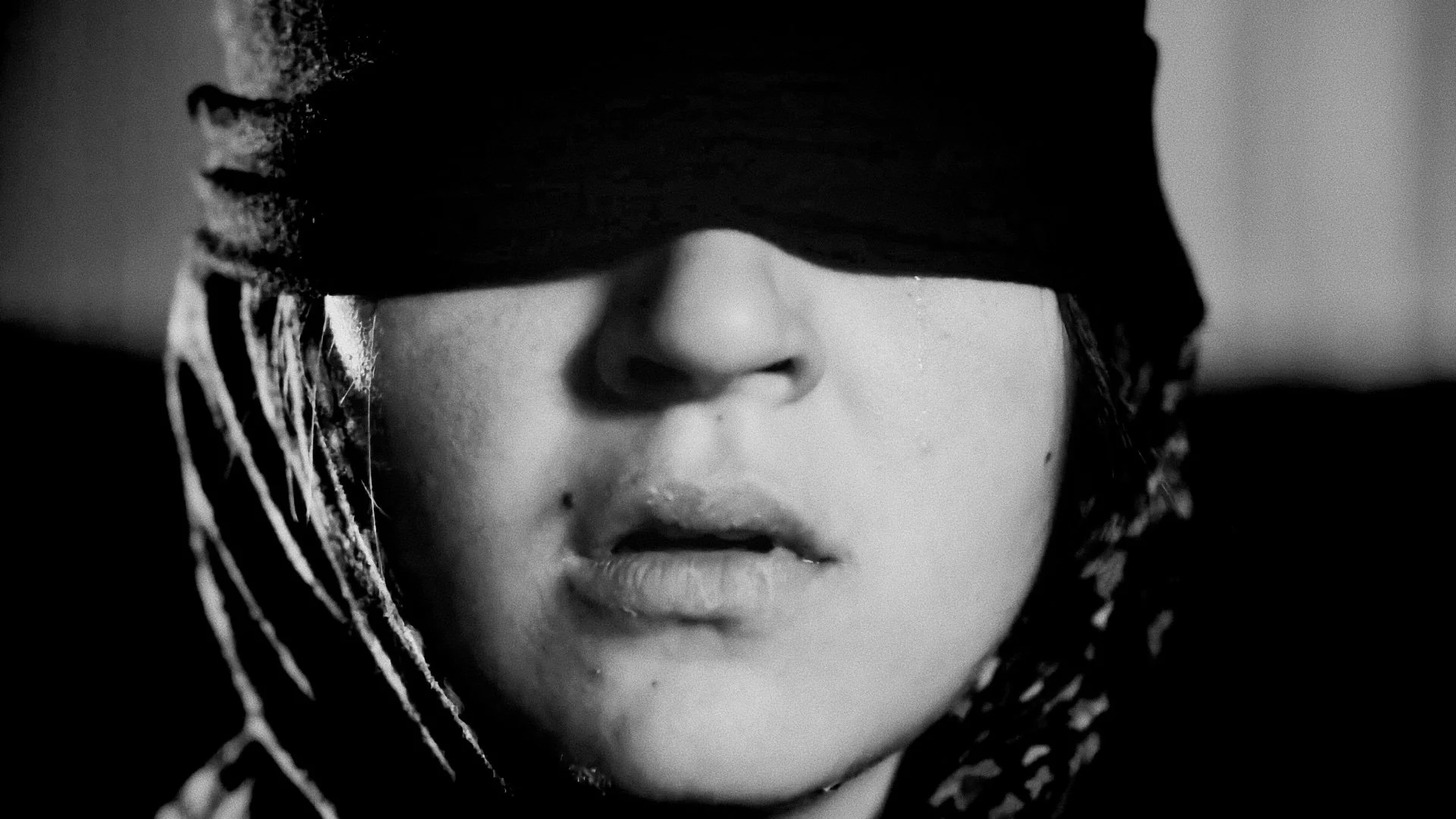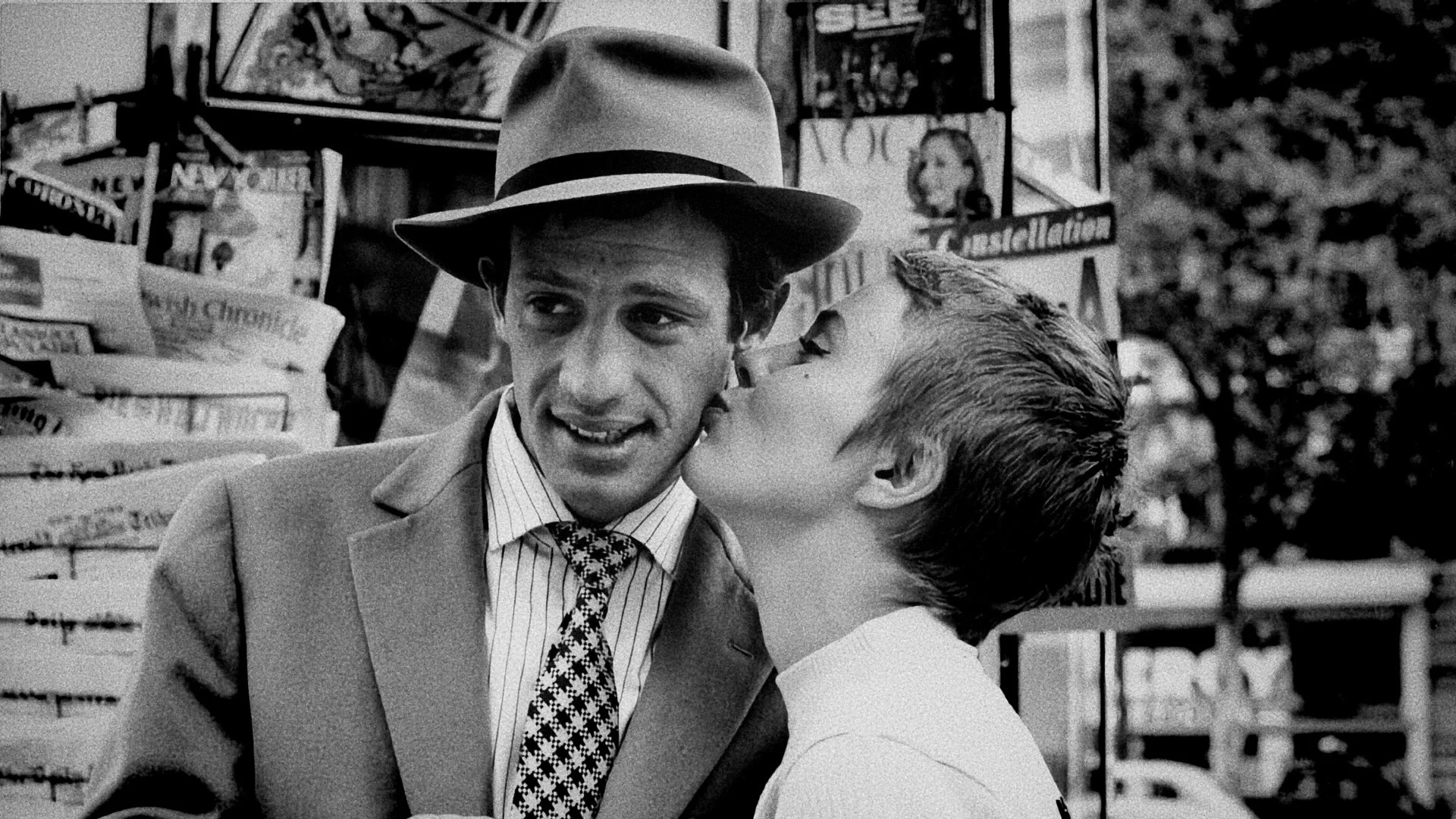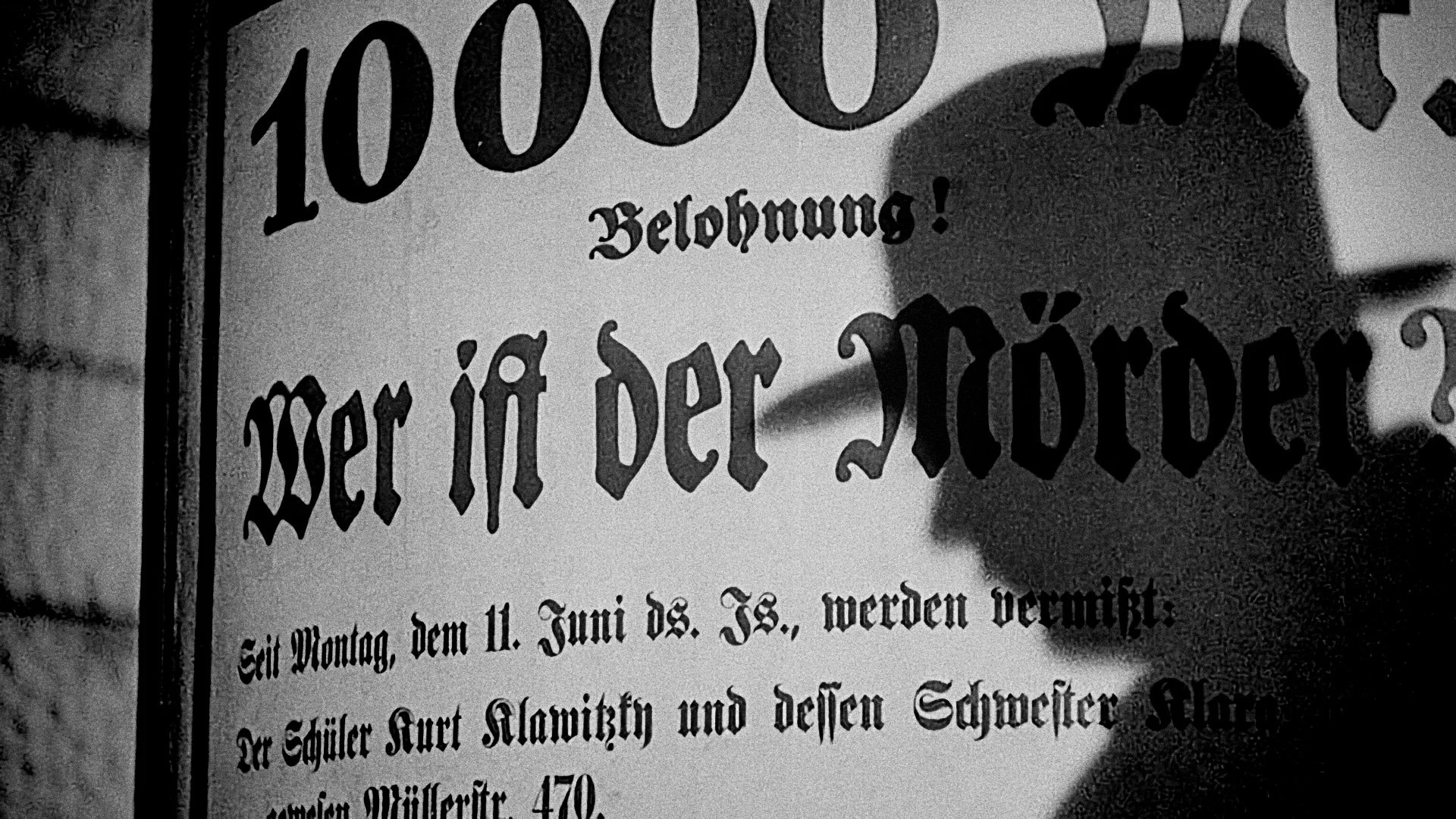
Show People (1928)
»Show People,« directed by King Vidor and released in 1928, is a critically acclaimed silent film that satirizes early Hollywood with witty humor, energetic performances, and insightful commentary. The film follows Peggy Pepper (Marion Davies), an aspiring actress navigating the glitz and challenges of the film industry, discovering the sacrifices required for stardom. With its smart humor, endearing performances, particularly from Davies and William Haines, and its visual grandeur, "Show People" remains a charming and entertaining portrayal of Hollywood's early days and the silent film era's spirit.
George Lucas in Love (1999)
»George Lucas in Love,« directed by Joe Nussbaum, is a witty short film that blends the world of George Lucas with a comedic love story set in a college environment. Released in 1999, it humorously portrays a young Lucas, played by Martin Hynes, struggling to find inspiration for his thesis film at USC, eventually drawing inspiration from a romance with Marian (Lisa Jakub). The film cleverly integrates references to iconic Star Wars elements, celebrating Lucas' work while showcasing the creativity and humor of Nussbaum and his team, making it a delightful tribute to both Lucas and the romantic comedy genre.
Everything Everywhere All at Once (2022)
»Everything Everywhere All at Once,« directed by Daniels (Daniel Scheinert and Daniel Kwan), is a 2022 genre-bending film that explores themes of identity, interconnectedness, and existentialism. The story follows Ma (Michelle Yeoh), a widow facing a mid-life crisis who discovers the ability to access alternate versions of herself across parallel dimensions, becoming entangled in a cosmic battle with significant personal and universal implications. The film stands out for its innovative blending of science fiction, action, comedy, and drama, with a vibrant visual style and thought-provoking philosophical questions, making it a unique and ambitious cinematic experience.
Get Out (2017)
Directed by Jordan Peele, "Get Out" (2017) is a groundbreaking horror film that blends traditional scares with sharp social commentary on racism in contemporary America. The story follows Chris and Rose, an interracial couple visiting Rose's parents, where Chris encounters unsettling behavior from the Black housekeeper and groundskeeper, leading him into a nightmarish reality of racism and oppression. Peele's nuanced approach exposes liberal racism and dismantles the myth of post-racial America, using supernatural elements as metaphors for the commodification of Black bodies, with standout performances from Daniel Kaluuya and Lil Rel Howery, and visually echoing horror classics while maintaining a distinctive, symbol-laden aesthetic.
In The Mood For Love (2000)
»In the Mood for Love,« directed by Wong Kar-wai and released in 2000, is a visually stunning and emotionally rich film that explores love, longing, and human relationships. The story centers on Chow Mo-wan (Tony Leung) and Su Li-zhen (Maggie Cheung), neighbors who discover their spouses are having an affair, leading them to form a platonic yet deeply emotional bond characterized by understanding and unexpressed love. The film's standout elements include its breathtaking cinematography, evocative use of music, and the nuanced performances of Leung and Cheung, creating a masterful contemplation on the complexities of love and loyalty.
Watermelon Woman (1996)
»The Watermelon Woman,« directed by Cheryl Dunye and released in 1996, is a groundbreaking film that blends documentary and fiction to explore the intersectionality of queer and African-American identities. The story follows Cheryl, a young African-American lesbian filmmaker, as she investigates the life of a forgotten black actress known as "The Watermelon Woman," uncovering themes of racial, sexual, and social constructs. Dunye's innovative narrative approach and candid portrayal of queer lives challenge traditional cinema, providing a complex representation of black queer identity and critiquing the selective nature of historical documentation.
Touki Bouki (1973)
Directed by Djibril Diop Mambéty in 1973, »Touki Bouki« ("The Journey of the Hyena") is a landmark film in African cinema that gained global recognition. The story follows Senegalese couple Mory and Anta, who dream of escaping their mundane lives to go to Paris, navigating themes of ambition, tradition versus modernity, and post-colonial critique. Mambéty employs avant-garde narrative techniques, symbolism, and a non-linear storytelling style to create a surreal, complex portrayal of their journey, highlighting the psychological effects of neocolonialism and the tension between African traditions and Western allure.
Breathless (1960)
Jean-Luc Godard's ¬Breathless« (1960) is a seminal film in the French New Wave movement, exploring themes of love, crime, and existential rebellion with innovative cinematic techniques like jump cuts, handheld camerawork, and non-linear storytelling. The film follows the charismatic criminal Michel Poiccard (Jean-Paul Belmondo) and his tumultuous relationship with American student Patricia Franchini (Jean Seberg), blending their intense connection with a critique of societal norms and post-war existentialism. Godard's avant-garde approach and documentary-like visual style revolutionized cinema, making »Breathless« an enduring influence that continues to captivate and inspire.
Tokyo Story (1953)
In Yasujirō Ozu's »Tokyo Story« (1953), an aging couple, Shukichi and Tomi Hirayama, visit their adult children in Tokyo, only to find them too busy to offer the attention and warmth they seek. The film poignantly explores the generational divide and the erosion of familial bonds amidst the bustling life of the modern city, symbolized by Tokyo's vibrant yet impersonal environment. Through gentle pacing and exquisite detail, Ozu masterfully captures the bittersweet nature of life, the transient nature of existence, and the complexities of family dynamics, inviting viewers to reflect on their own relationships and the fleeting moments that define them.
Singin’ In The Rain (1952)
»Singin' in the Rain« (1954), directed by Stanley Donen and Gene Kelly, transports viewers to Hollywood's golden age with a delightful mix of song, dance, and comedy. Set in the late 1920s, the film follows silent film star Don Lockwood (Gene Kelly) and his sidekick Cosmo Brown (Donald O'Connor) as they navigate the industry's transition to sound, with the help of the talented Kathy Selden (Debbie Reynolds). As they face the challenge of dubbing over the screechy-voiced Lina Lamont (Jean Hagen) to save her career, the film brilliantly captures the chaos and charm of this revolutionary era in cinema.
M (1931)
»M,« directed by Fritz Lang and released in 1931, is a German thriller that delves into the darkest corners of society, blending suspenseful storytelling with profound sociopolitical commentary. The film follows the hunt for a child murderer, Hans Beckert (played by Peter Lorre), transforming from a crime thriller into a courtroom drama as the criminal underworld seeks to eliminate the threat he poses. Lang's innovative use of narrative structure, exceptional cinematography featuring noir-like shadows and visual motifs, and powerful performances, particularly by Lorre, combine to create an enduring masterpiece that critiques justice and societal responses to crime.












